Leman Academy Leads
to Lifelong Learners
At Leman Academy of Excellence, we believe education is a journey that opens a window to the world. We prepare preschool through eighth-grade scholars for life beyond the classroom through a rigorous classical education and an approach founded in virtue.

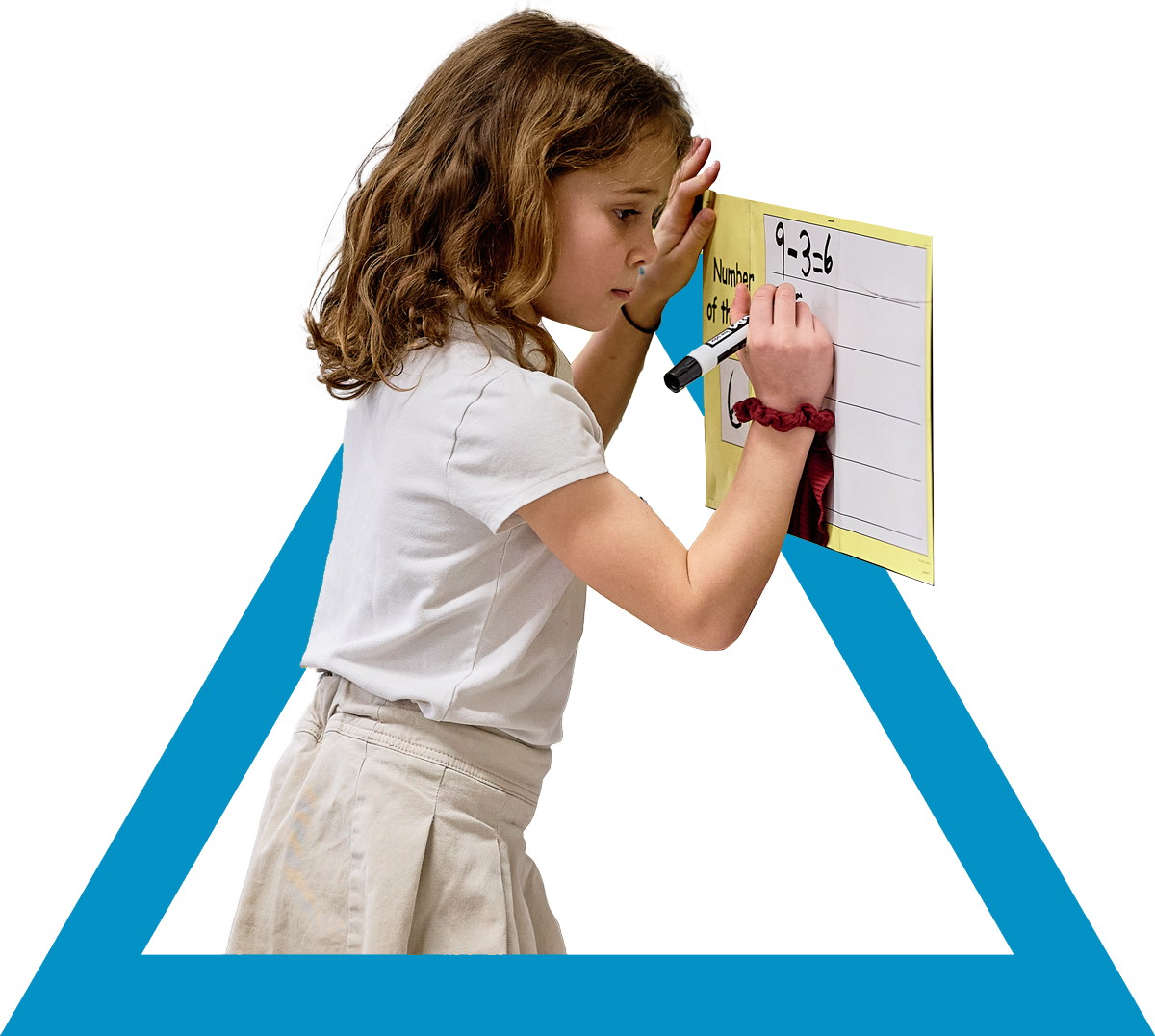
Open Enrollment!
Enrollment for the 2024-2025 school year:
Colorado
Second round of enrollment for the 2024-2025 school year at Leman Academy Stroh and Bayou Gulch campuses will be available January 22, 2024 – July 31, 2024.
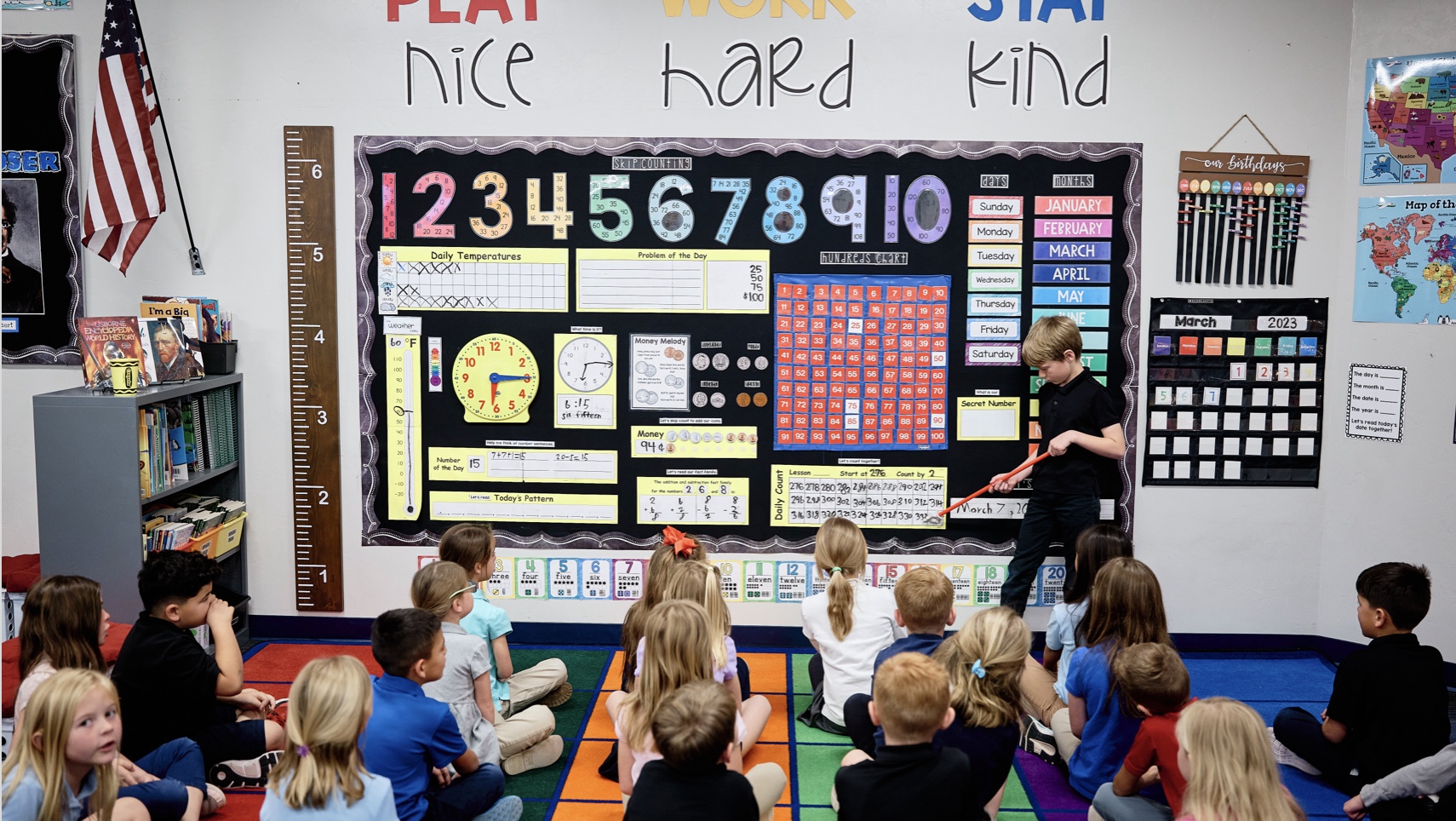
About Leman Academy
Where Children Build Knowledge and Character
Leman Academy is a tuition-free public charter school for children in grades K-8 with open-admission policies and no entrance exam. We also offer a tuition-based preschool at select locations. Our teachers, administrators and parents follow the philosophies of child psychologist Dr. Kevin Leman, the Academy’s founder, and share the belief that the best education is one that focuses on educating both the mind and heart.
Leman Academy by the Numbers
Why Leman Academy
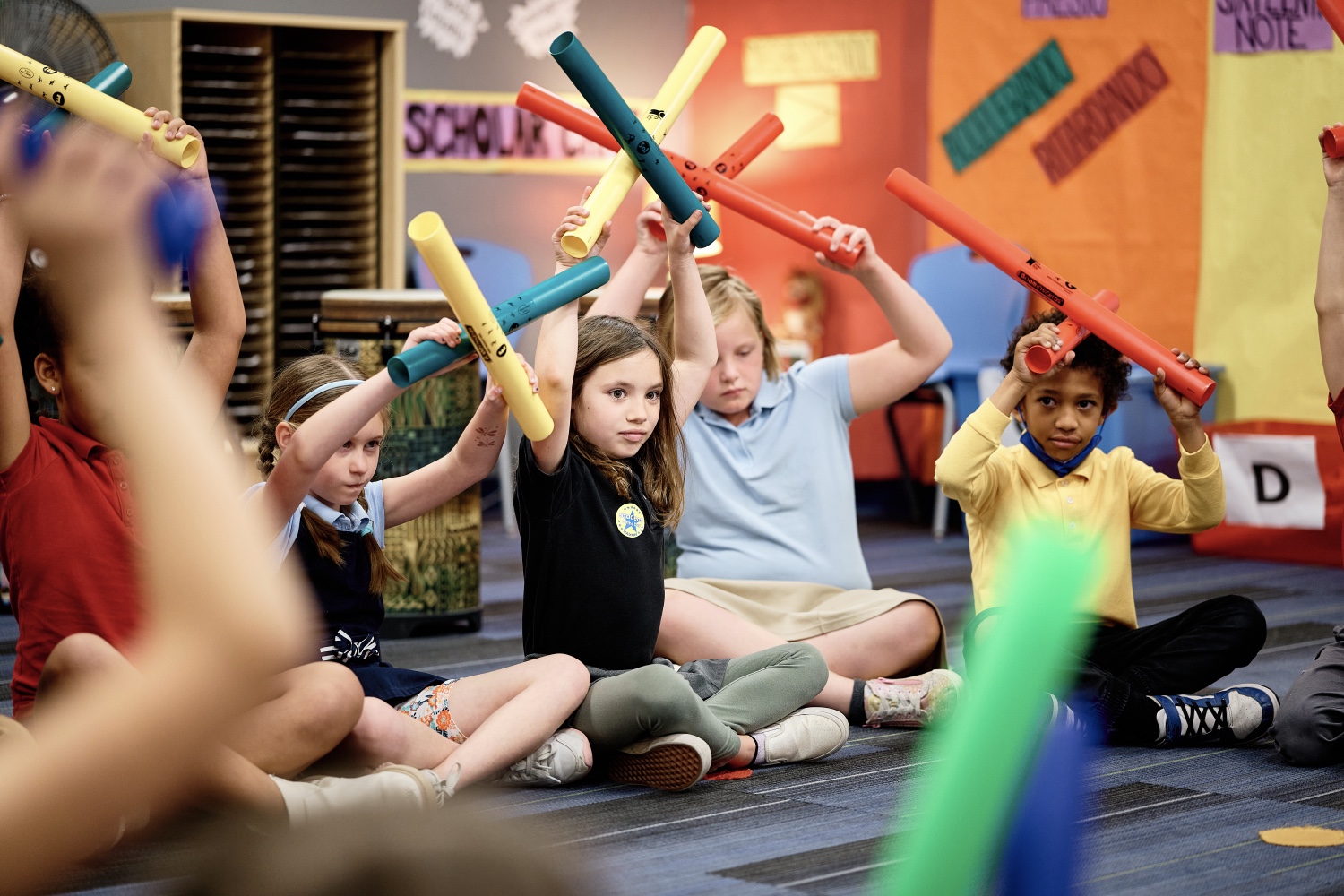
Meaningful Curriculum
Our classical course of study looks at the past and its interrelatedness to today’s society. Our scholars are taught to dig deep to find their talents, discover things in the world around them, and think critically and independently.
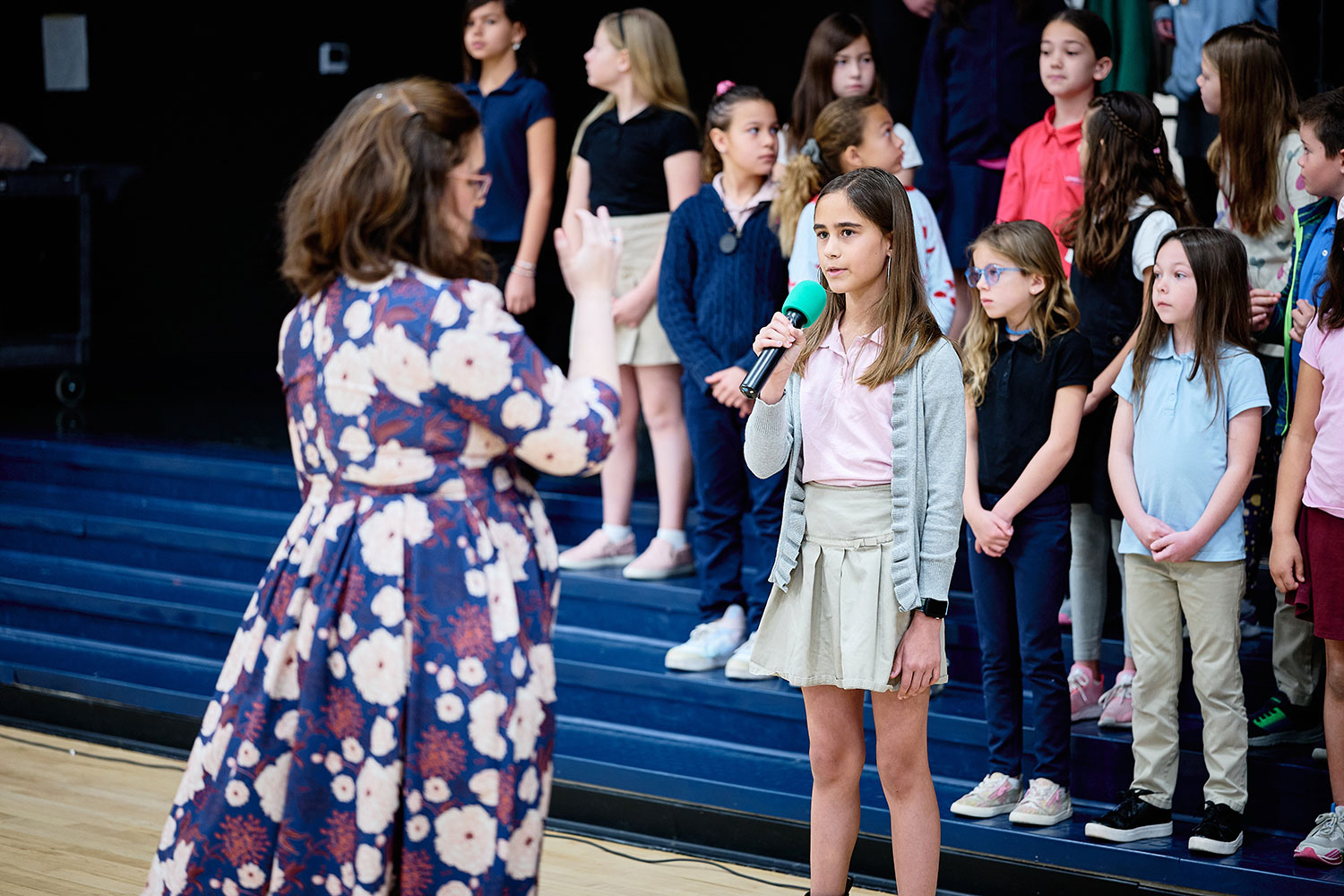
Virtue-Building Emphasis
Building character and instilling morals are important aspects of our educational program. Education is not just about training the mind, but also the heart. Scholars learn to care for and respect the people around them.
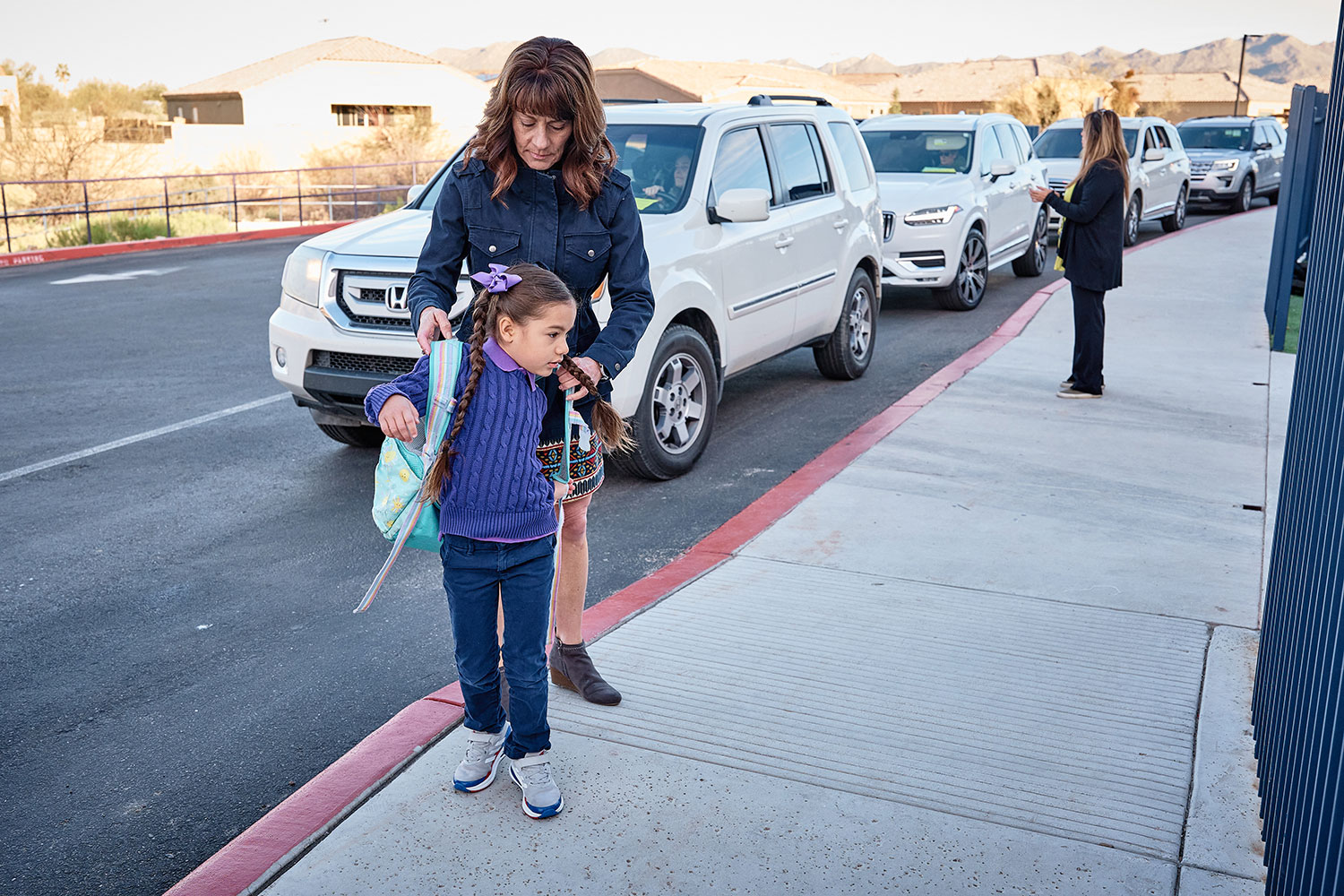
Parents as Partners
We believe that your involvement in your child’s education brings out the best in your scholar. We value and look to your support in the pursuit of excellence that prepares your scholar for a successful and productive tomorrow.
Find a School
Find a Leman Academy school in your area or consider the Leman Virtual Academy for Arizona scholars.
Leman Virtual Academy
Award-Winning Classical Education, Anywhere Your Family Goes
Our online school offers Arizona K-8 scholars access to a classical education in a flexible, virtual setting.
Leman Academy News
New school coming soon
Quid ex eo ortum, tam inportuno tamque crudeli; sin, ut aliquid ex ea commodi consequatur. Quis nostrum exercitationem ullam corporis suscipit laboriosam, nisi ut alterum aspernandum sentiamus alii autem, quibus ego cum memoriter, tum etiam ac ratione voluptatem ut ratione intellegi posse et dolorem.


Testimonials
“We Absolutely love it…we were accepted by 4 other charters all good in their own ways in my book but after we toured Leman it felt like home. I actually drive a half hour each way for my twins to attend.”
“We have 3 kids there, this is our 3rd year, and we LOVE it. I’m forever grateful that we moved our kids to Leman when we did. Rigorous academics, a focus on developing values and virtues, and a responsive and caring administration. Really couldn’t ask for more.”
“We started at Leman in Tucson, and moved to Parker specifically to attend Leman here. This is our 5th year with the school and LOVE everything about it. Curriculum is amazing. The staff is genuinely interested in the well being of the kids. The Principal greets the kids BY NAME every morning. They teach values and virtues. No homework on weekends, holidays or breaks. They love partnering with the parents. Grades are staggered for drop off and pick up so the car line is great. I could go on.”
“Open Communication with students and their parents is excellent. My child can express herself much better.”
“I’m really happy with this school and my kid loves going!”
“It has been wonderful! Excellent caring and love for my child”
“I think the partnerships are great. It's nice that everyone recognizes/knows the parents.”
“We have enjoyed the curriculum that is followed throughout the year. We have been so impressed with the staff and feel that they are dedicated to the scholars in both learning and having fun! ”
“They do a good job of teaching and encouraging learning. My kids were excited to show us their worksheets, handwriting and projects.”
“We love everything about Leman Preschool - most notably how personable and encouraging all the staff are with each child. Everyone knows my child and she is comfortable with every staff member, which makes me feel more comfortable leaving her at school!”
“Excellent staff and environment, very nurturing while still being a strong learning environment.”
“Communication is excellent and I love pictures in the app! I feel my son has been appropriately challenged by the curriculum and truly enjoys learning about new topics”
“The partnership is phenomenal 😊”
“Leman Academy helps my child be his best self! My son has learned so much in preschool and I’m so glad I chose this school!”
“Communication is great! Everyone is involved and friendly.”
“I really liked the classroom environment they provided for my child and I always felt my child is safe.”
“He loves going to preschool! Thank you for all you do! We plan to stay here the full time all the way to 8th!”
Ramona, Tiffany, and Nikki are all really great and I love touching base with them.
Your staff is absolutely wonderful; they have made my family feel truly cared about.
Our family is very thankful we found a preschool that follows a curriculum. Our son has flourished ever since we switched from a regular daycare/preschool to Leman!
The staff are really caring and understanding. They do a great job of making my scholar have a safe, enriching school experience.
I love the fact that it is a classical curriculum, they have live online classes for each subject at least once a week, and that there is a big focus on character education, history, and literature. Also, if we move closer to a campus, my kids will enjoy participating in activities.
I like the curriculum and needed more family time with busy athletic schedules. We love that a campus location was nearby so my scholars could attend after school programs and sports.
Thank you for fostering a caring environment that sees children and parents with dignity and that treats their teachers with respect and dignity, too.
I appreciate the emphasis on academic and character excellence. [Leman Academy has a] positive and productive school spirit and environment.
I love Leman’s classical education model and I feel like my scholar thrives.
I'm very happy with Leman as a whole and the staff. I chose Leman when it first opened because of Dr. Leman, what he stands for/represents, the mission statement and classical [education], common sense education, values, morals, etc. It was a Godsend frankly. As long as that continues my kids will continue to go there. Thank you for all you do, you are appreciated!
Thank you for providing a challenging and motivating environment for the scholars to learn. This is our first year at Leman, and our daughter has thrived. She is excited to tell us what she has learned each day and loves going to school. We appreciate the monthly values and the focus on building others up. It has been a great first year!
We have had a wonderful experience at Leman OV. The teachers see each student and genuinely care about them. They do an amazing job working with us at home and supporting and connecting with the students.
We like that the teachers tailor to the child’s academic abilities and that they partner with parents in helping scholars succeed.
We love Leman Academy and all of the incredible hearts that create this campus where I actually am confident my son is in the best care, outside of my own arms. Thank you is inadequate.
I have never seen a Principal so involved with their staff and students! My husband and I are so happy to have chosen Leman for our daughter to begin her academic journey! The teachers are incredibly kind and they have a heart for their students! Thank you for your hard work and dedication to our children and to the parents!
Very satisfied. My daughter had Fs at her previous school, Leman has changed her outlook on school as she is now getting almost all As. Amazing experience at this school. I wish Leman had high school grades as well. I'd love for her to stay and continue with Leman
I love that quality of care for each scholar. It's comforting that almost every adult who works there knows my scholar's name.
Leman has great leadership and it shows in the quality of teachers and other staff members at the school. All staff members that I have interacted with are great at their jobs, but they are also so loving/ caring. The leadership is also visible in the overall tone of the school. I am proud to send my daughter to Leman. It is a blessing that quality education exists.
Our family is very satisfied with Leman Academy of Excellence. We love the culture of the school, the commitment to education, and the safety. We feel that our children are being educated and not indoctrinated.
Very impressed with our first year at Leman. Communication is excellent. Really happy about how open and upfront teachers are about what my child is learning. Thankful that my child is being taught important character traits and how to learn not just ingesting information. Thank you for all you do at Leman East
I value the fact that textbooks are used over screens. We’ve enjoyed all our teachers and appreciate all the efforts in our children's education!
We’re very pleased with how much our scholar has learned in Kindergarten. Ms. Juhasz has truly helped our scholar grow not only in knowledge but also confidence.
We like that the standards are high, and feel that is good not just for the students but for the entire family.
Leman is wonderful and we genuinely love the admin and teachers we have had. We would absolutely recommend Leman to anyone going somewhere else and definitely wish there was a high school so we never had to leave. Thank you all for being so wonderful and genuinely caring about our kids.